What Is Carnivore Diet – Discover If It’s Right For You!

Welcome to the Carnivore Diet, where meat is the main food, and fruits and vegetables are out. This diet is perfect for meat lovers and invites you to enjoy an all-meat experience.
On the carnivore diet, you stop eating carbs and only eat meat and other animal products like:
- Beef
- Chicken
- Pork
- Fish
- Egg
No studies prove that the carnivore diet can fix health problems. It misses out on important nutrients like fiber and antioxidants from plants. It might only be safe for some.
This article looks at the carnivore diet, what it involves, if it can help with weight loss, and its possible benefits and drawbacks.
Table of Contents:
What Is Carnivore Diet – Brief History!
The carnivore diet is a strict diet that only allows meat, fish, eggs, and some dairy products. It says no to all other foods like fruits, veggies, grains, and nuts. The diet is built on the belief that early humans mainly ate meat and fish.
It’s resembles the keto and Atkins diets, but more strict. While those diets just limit carbs, the carnivore diet cuts them out completely, along with fruits, veggies, grains, nuts, seeds, and legumes.
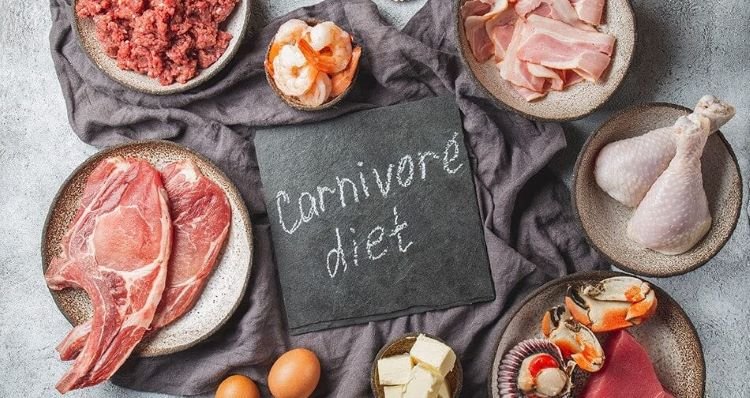
Shawn Baker, a doctor, really likes the carnivore diet. He believes it can help with problems like depression, obesity, and diabetes, but there’s not enough solid proof to back it up.
One study asked people on the diet about their health, and they said good things. But experts don’t think it’s enough evidence.
How To Follow The Carnivore Diet – Tips For You!
1. Eliminate Plant Foods: Cut out all plant-based foods from your diet, including:
- Fruits
- Vegetables
- Grains
- Legumes
- Nuts
- Seeds
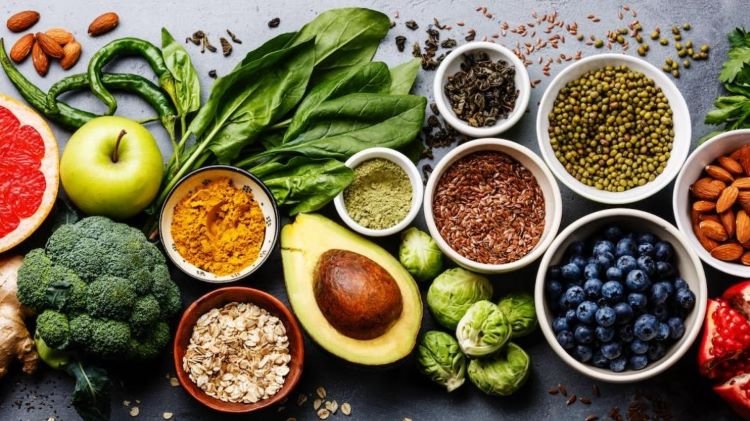
2. Focus on Animal Products: Base your meals around meat, fish, eggs, and small amounts of low-lactose dairy products.
3. Choose a Variety of Animal Products: Include a variety of meats in your diet such as:
- Beef
- Chicken
- Pork
- Lamb
- Turkey
- Organ meats
- Salmon
- Sardines
4. Include Fatty Cuts of Meat: Opt for fatty cuts of meat to meet your daily energy needs. Incorporate organ meats like liver to ensure adequate intake of essential vitamins and minerals.
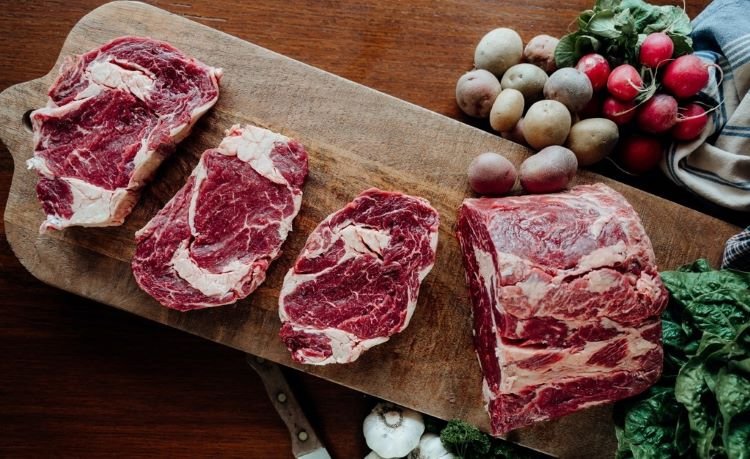
5. Limit Plant-Based Drinks: Avoid drinking coffee, tea and other beverages made from plants. Stick to water and bone broth for hydration.
6. Eat as Often as Desired: The diet typically offers little guidance on calorie intake, serving sizes, or meal frequency. Most proponents suggest eating whenever you’re hungry and stopping when you’re satisfied.
7. Monitor your health: Observe how your body reacts to the diet. Consider consulting a healthcare professional to ensure you’re meeting your nutritional needs.
8. Stay hydrated: Ensure you drink enough water throughout the day to maintain hydration. Because this diet restricts fluids from plant-based sources.
9. Consider Supplements: Since the diet excludes many plant foods, you may need to consider supplementation for nutrients like vitamin C and fiber. Seek guidance from a healthcare provider for tailored advice.

10. Be Flexible: While the Carnivore Diet is highly restrictive, it’s essential to listen to your body and adjust as needed. Some individuals may find they need to reintroduce certain foods for optimal health and well-being.
Here you go, You’ve now learned about the carnivore diet and some tips for following it. Next, we’ll explore the foods included in the carnivore diet. For worldwide discussion read this Quora website.
What Foods Eat And Avoid In Carnivore Diet – Must Consider It!
Foods To Eat:
1. Meat: beef, chicken, turkey, lamb, and pork.
2. Organ meats: such as liver, kidney, sweetbread, tripe, heart, and brain.
3. Fish: salmon, mackerel, sardines, crab, lobster, tilapia, and herring.
4. Other animal products: like eggs, lard, bone marrow, and bone broth.
5. Limited low-lactose dairy options: like heavy cream, hard cheese, and butter, are acceptable in small quantities.
6. Water: only drink water.
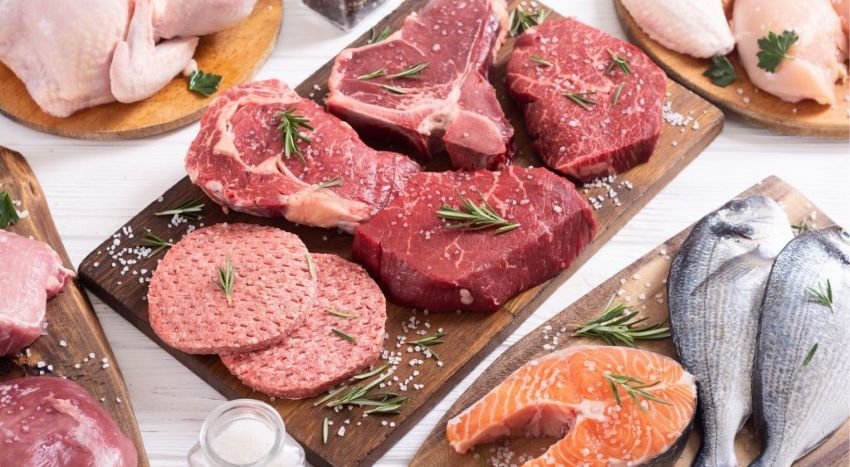
Note: According to some advocates of the diet, you can include salt, pepper, and seasonings that contain no carbohydrates. Some folks also have yoghurt, milk, and soft cheese. However, some usually skip them because they have carbs.
Foods To Avoid:
1. Vegetables: like broccoli, cauliflower, potatoes, green beans, and peppers.
2. Fruits: such as apples, berries, bananas, kiwi, and oranges.
Read Also: Can You Eat Cream Cheese On Mediterranean Diet? – Enjoy The Creamy Delight!
3. High-lactose dairy: like milk, yoghurt, and soft cheese.
4. Legumes: such as beans and lentils.
5. Nuts and seeds: almonds, pumpkin seeds, sunflower seeds, and pistachios.
6. Grains: such as rice, wheat, bread, quinoa, and pasta are to be avoided on the carnivore diet.
7. Alcohol: such as beer, wine, and liquor.
8. Sugars: like table sugar, maple syrup, and brown sugar.
9. Other beverages besides water: such as soda, coffee, tea, and fruit juice, are not allowed on the carnivore diet.
Note: Some individuals may include some of these foods, but a strict carnivore diet does not allow them.
Can Carnivore Diet Help You Lose Weight? — Let’s Check It!
Certain parts of the carnivore diet might help you lose weight. Some studies have found that diets high in protein and low in carbs can lead to weight loss.
This is because protein and fat can make you feel full after meals, so you might eat fewer calories overall. Protein can also speed up how fast you burn calories.
So, if you follow the carnivore diet, you might feel fuller and eat less — at least for a while.

One study looked at 132 adults with too much weight. It found that those who ate diets with more protein lost more weight and fat compared to those who ate less protein.
Other studies show similar things, suggesting that eating more protein and fat can help you lose weight and keep it off.
But you don’t have to cut out all carbs to see results. Diets like the keto diet, which swaps carbs for high-fat foods, can also help with weight loss.
Must Read It: What Meats Can You Eat on the Mediterranean Diet – Have A Healthy Lifestyle!
However, the carnivore diet is very strict, which can make it tough to stick to for a long time.
Benefits Of The Carnivore Diet – What You Must Know!
1. Weight Loss: Fans believe that High-protein, low-carb diet can help with weight loss because it makes you feel full and eat fewer calories.

2. Simplicity: The diet’s strict rules might attract people who like simple eating. It cuts out the need to plan meals with lots of different ingredients.
3. Improved Blood Sugar Control: Removing carbohydrates from the diet can help keep blood sugar levels stable. It might help individuals with type 2 diabetes.
4. Reduced Inflammation: By eliminating potentially inflammatory foods such as grains, legumes, and processed carbohydrates. People claim that the carnivore diet can help reduce inflammation in the body.
5. Digestive Health: For some individuals with digestive issues like irritable bowel syndrome (IBS) or inflammatory bowel disease (IBD), avoiding certain plant foods may provide relief from symptoms.
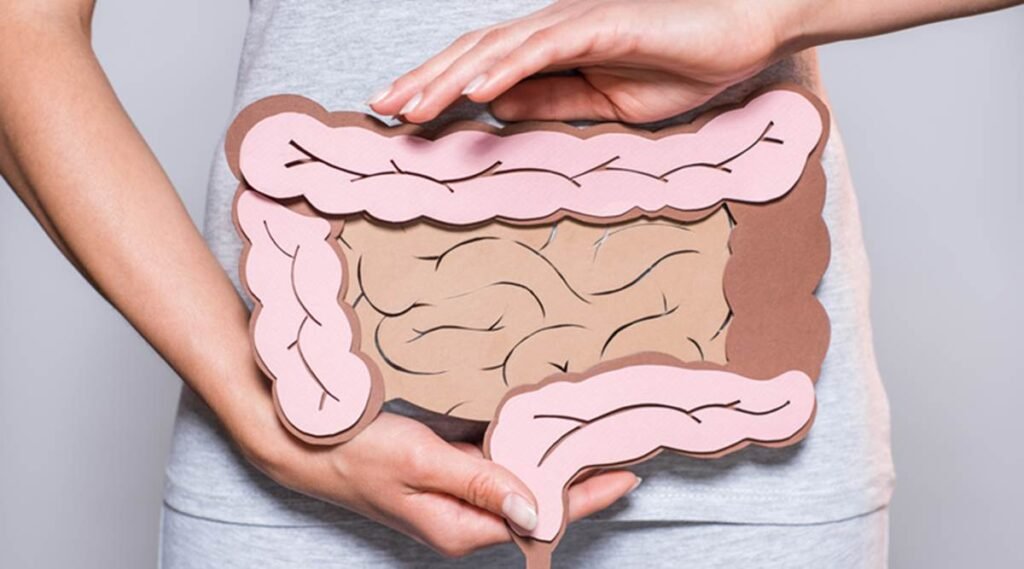
6. Satiety: Protein and fat from animal sources can help promote feelings of fullness and satiety. It may lead to reduced cravings and snacking.
Note: Since there’s not much research on the carnivore diet, it’s hard to say what its benefits are. We can only guess based on what we know about other diets and nutrients.
Downsides Of The Carnivore Diet – Consider All!
1. Nutrient Deficiency:
The carnivore diet cuts out fruits, vegetables, grains, and legumes, which provide essential vitamins and minerals like:
- Vitamin C
- Potassium
- Magnesium
- Fiber
Without vitamin C, you risk developing scurvy. Fiber, which comes from plant foods, is essential for a healthy digestive system. The American Heart Association suggests consuming 25-30 grams of fiber every day.
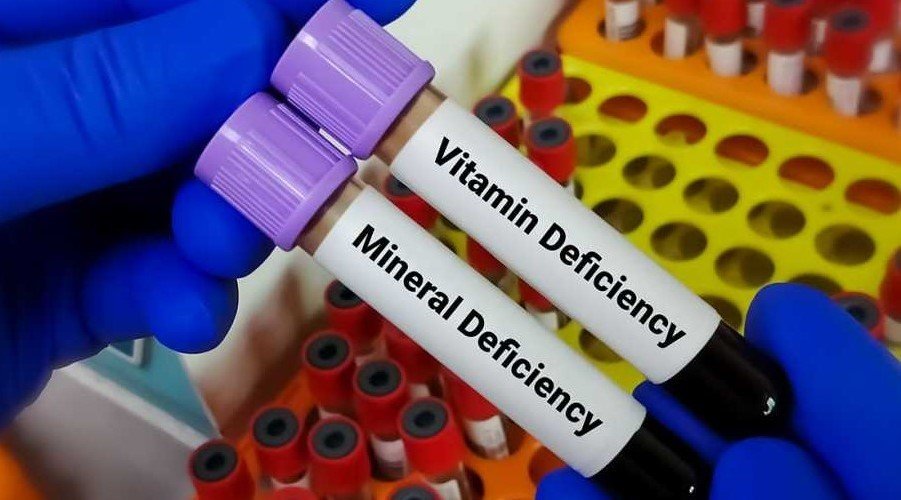
However, the carnivore diet offers none, increasing the risk of constipation and other digestive issues.
2. Heart Disease Risk:
A study in the Journal of the American College of Cardiology found that diets high in red and processed meats increase the risk of heart disease. These foods raise LDL (bad) cholesterol levels.
Also Read It: Mediterranean Diet No Fish – Transform Your Eating Habits!
The American Heart Association advises limiting saturated fat to 5-6% of daily calories to lower heart disease risk. The carnivore diet, high in red and processed meats, often exceeds this limit.
3. Digestive Issues:
Without fiber, as is the case with the carnivore diet, bowel movements can become irregular and difficult. Lack of fiber often causes constipation, affecting about 16% of adults worldwide, according to the World Health Organization.
Fiber also feeds good bacteria in the gut. A diet without fiber, like the carnivore diet, can upset gut bacteria balance, leading to digestive problems.

4. Kidney Strain:
Excessive protein from the carnivore diet can strain the kidneys. This is especially true for those with existing kidney conditions. A study in the American Journal of Kidney Diseases found that high protein intake increases the risk of kidney stones and chronic kidney disease.
High-protein diets like the carnivore diet require more water. This aids in removing excess nitrogen, which is a byproduct of protein metabolism. Not drinking enough water can lead to dehydration and kidney problems.
5. Lack Of Variety And Balance:
Eating only animal products can get boring and hard to stick to over time. Variety in your diet is important for both mental and physical health. The USDA recommends eating a mix of different food groups to get enough nutrients. The carnivore diet doesn’t have this balance, which can lead to nutrient deficiencies.
6. Potential For Unproven Health Claims:
Most of the benefits talked about by supporters of the carnivore diet are based on personal stories rather than scientific proof. A review in the journal Nutrients says we need more research on extreme diets like this.
Frequently Asked Questions:
1. Is a carnivore diet actually healthy?
No, The carnivore diet may raise the risk of heart disease because it focuses on foods high in saturated fat, like fatty steaks. These foods can raise cholesterol levels. Avoiding fruits, vegetables, beans, nuts, and seeds might also increase your risk.
2. Do you lose weight on a carnivore diet?
On average, participants’ BMI dropped from 27.2 to 24.3. Both personal stories and a large survey suggest that for most people who try it. The carnivore diet is an effective way to lose weight.
3. Who should not eat carnivore?
The carnivore diet can pose risks for those with high blood pressure, high cholesterol, or heart issues. Its lack of fiber may lead to constipation and poor gut health. Seek advice from a healthcare provider, like a registered dietitian, before trying it.
Conclusion:
The carnivore diet may offer some benefits like weight loss for certain individuals. However, it also carries notable risks and drawbacks. The carnivore diet’s restrictions and health risks, including nutrient deficiencies and heart disease, make it controversial.
Seeking guidance from a healthcare professional before starting this diet is essential for your overall health and well-being.

Hi! I’m Olivia Steeve, a certified nutritionist with over 11 years of experience in the field of diet and nutrition. At DietFitts, I focus on providing scientifically-backed, practical advice to help individuals achieve their health and fitness goals through balanced eating. I share insights, tips, and personalized guidance to help you make healthier choices and live your best life.





